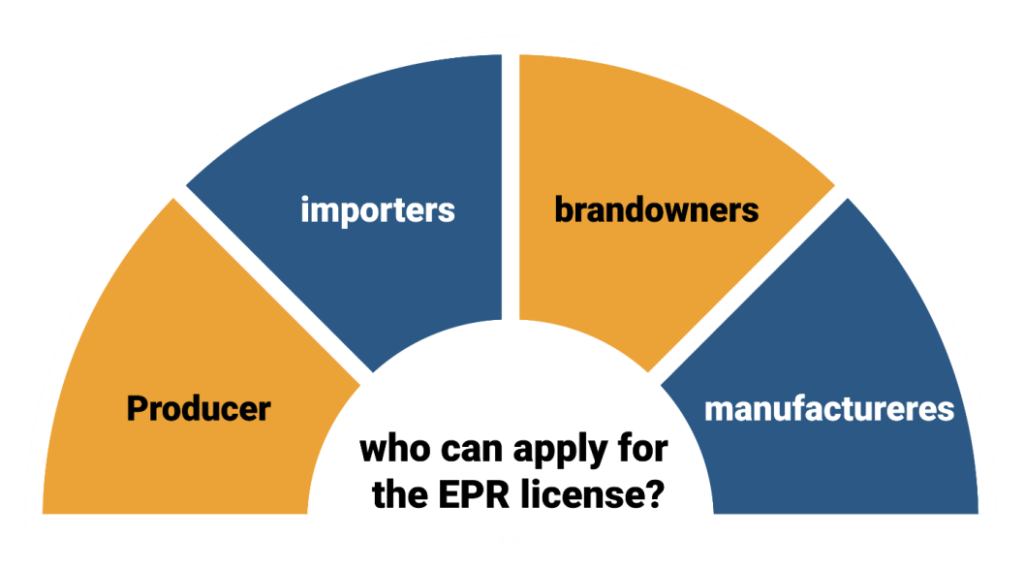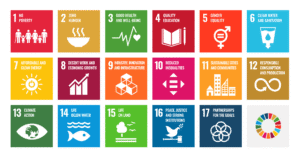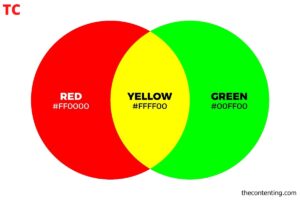
Plastic garbage is strangling our world, polluting the air, water, and soil that humans and wildlife rely on to survive. As the issue expands around the world, World Wildlife Fund(WWF) is leading the push to help reinvent how we obtain, design, dispose of, and repurpose the plastic materials that communities rely on.
One of the most serious issues we must address is the failed promise of recycling. Are you aware that 79% of plastic waste ends up in landfills, water, and the environment? Humans consume it without realizing it. What if things continue in this manner, says the study? By 2050, plastic will outnumber fish in the water.
Therefore, each government is responsible for establishing legislation to restrict plastic waste and promote a circular economy. The Indian government applied Extended Producer Responsibility (EPR) to treat electronic trash in 2012, and plastic garbage manufacturers extended EPR by plastic waste management guidelines in 2016.
What is EPR – Extended Producer Responsibility?
Extended Producer Responsibility is a policy in which producers are responsible for the disposal of product waste.
In India, the EPR – Extended Producer Responsibility policy holds producers, importers, and brand owners who produce large amounts of plastic, financially and physically responsible for the treatment or disposal of post-consumer products.
Extended Producer Responsibility (EPR) emphasizes a circular economy in which company waste contains abundant resources that can be recycled and reused rather than being disposed of in landfills or contaminating the environment; such garbage is collected, sorted, and recycled for reuse.
EPR And Producer Responsibility
Economic responsibility implies that the producer will bear all or a portion of the costs, such as collection, recycling, or final disposal of the products he manufactures. These costs could be covered directly by the producer or through a specific fee.
The term “physical responsibility” refers to systems in which the producer is active in the physical management of the products and/or their impacts. The manufacturer may also retain ownership of his product throughout its existence, making him liable for any environmental damage produced by it.
In India, shorthand for the complicated Extended Producer Responsibility (EPR) program has been established, and the Extended Producer Responsibility (EPR) policy is incorporated in the Plastic Waste Management Rules, 2016, and the E-Waste (Management) Rules, 2016.

However, neither of these Acts specifically mentions obligations; instead, they merely hold the manufacturer liable for the waste caused by their product. Such abbreviation is harmful to policy transfer for two reasons. For starters, it introduces various deviations from the genuine Extended Producer Responsibility (EPR) program, and these deviations are not equally beneficial in attaining the two sets of Extended Producer Responsibility (EPR) objectives. Second, because just the perceived fundamental element of the previous Extended Producer Responsibility (EPR) program is highlighted, such a shortcut method is susceptible to partial transfer, rarely providing a rounded picture of program configurations.
What are the Advantages of Extended Producer Responsibility Authorization in India?
- Reduce your reliance on alternate garbage disposal options such as burying or burning.
- EPR also undermines local administrations’ efforts to keep garbage physically and financially secure.
- Ensures that items or parts are properly recycled and refurbished.
- Manages to increase the ease and speed with which the products can be deceived.
- Promotes natural resource conservation.
- Reducing waste to the absolute minimum.
With these advantages, Extended Producer Responsibility India works to benefit the entire country, rather than simply being viewed as a mandatory requirement to receive an EPR certification or discover how to apply for an EPR certificate online.
Who Requires EPR Authorization?
Every Producer, Brand Owner, Recycler, and Manufacturer of plastic is required to obtain registration from the concerned State Pollution Control Board or the Pollution Control Committee of the Union Territory.

Plastic Trash Management rules apply to all waste generators, Local Bodies, Gram Panchayats, Manufacturers, Importers, and Producers of plastic materials. However, in addition to underlining who requires an EPR – Extended Producer Responsibility permit, it is critical to understand the responsibilities of producers, importers, and brand owners, as discussed below –
Within six months after the publication of the guidelines, the producers must work out modalities for the trash collection system based on EPR and incorporate State Urban Development Departments, either individually or collectively, through their own distribution channel or through the concerned local body.
Every producer is required to keep a record of the details of the person involved in the supply of waste used as raw material to manufacture carry bags, plastic sheets, or similar covers constructed of plastic sheets or multi-layered packaging, including e-waste.
Central Pollution Control Board (CPCB)
The Central Pollution Control Board develops waste management rules and standards while also encouraging producer collaboration.
- The CPCB develops rules for many producers involved in plastic waste segregation, collection, disposal, co-processing, and multiple forms. It also outlines how to follow the requirements by providing an action plan to each producer.
- The CPCB holds producer consultations to solve the difficulties that all waste management producers face. It helps them solve their issues.
- CPCB works with SPCB to ensure that producers performing Extended producer responsibility ( EPR) are regularly checked.
- Every quarter, CPCB examines and researches all reports received from PIBOS conducting Extended producer responsibility (EPR) to give national-level Extended producer responsibility (EPR) reports.
Plastic Credit
- To meet their commitment, a producer is not required to recycle their own packaging but must verify that an equivalent amount of packaging trash has been recovered and recycled.
- Producers are mandated to acquire evidence of recycling or recovery (plastic credit) from properly accredited processors or exporters.
- Producers and processors/exporters may exchange plastic credits for a financial transaction at an agreed-upon price and other terms.
- Producers can exchange credits with processors who CPCB has officially accredited for this purpose. As a result, accredited processors receive additional revenue for each tonne of packaging waste reprocessed and have an incentive to acquire additional tonnage, hence increasing recovery rates.
Conclusion:
Though plastic and e-waste are commonplace, they harm the environment, including prioritizing environmental preservation, supporting the 3Rs – Reduce, Reuse and Recycle, and reducing reliance on other trash disposal methods such as burying or burning and providing other benefits.
“Take a step toward environmental preservation by emphasizing systematic plastic trash management,”
Read Next Blog:
What is Decarbonization and Why It Is Important?







